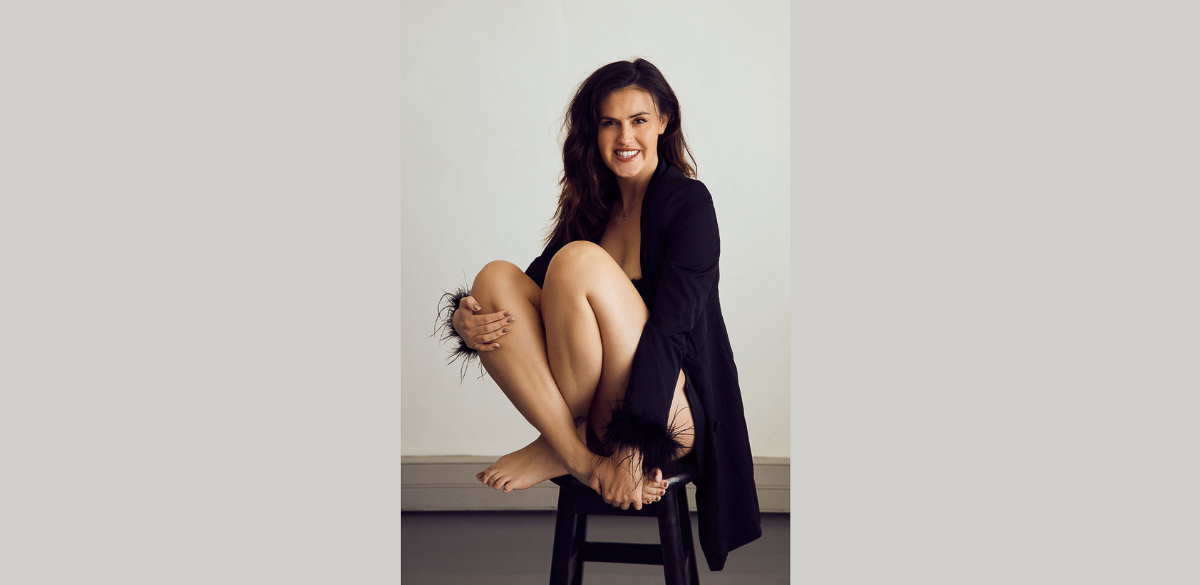Tzarina Mace-Ralph is a talented yacht chef who appears in season 2 and the current season 3 of reality TV show Below Deck.
Overnight she became a public figure with a large, predominantly U.S. fan base. While the yachting industry may have its own ideas of the show, Tzarina decided intuitively to use her reach to support deep causes. She was quoted in Rolling Stone magazine on how she addressed a sexual assault case. She has been featured in medical trade magazines on the impact of truly healthy food. In her regular Islander column, she shares her thoughts and observations on the yachting industry. Specifically, matters that affect crew. From Below Deck to under the surface.
Substance Abuse in the Superyacht Industry: Time for Accountability
The superyacht industry prides itself on luxury, professionalism, and precision, yet a troubling undercurrent threatens to tarnish its reputation: substance abuse among crew members and, at times, charter guests. This issue isn’t just about personal responsibility—it’s a glaring safety risk and a betrayal of the industry’s core values.
During STCW (Standards of Training, Certification, and Watchkeeping) training, crew members are taught the seriousness of their roles. As the first responders at sea, their duties are clear: prioritize the vessel, protect the guests, and safeguard themselves. Alcohol and drug use are unequivocally prohibited, as impaired judgment can turn a minor incident into a catastrophe. Yet, once training ends and reality begins, these principles are alarmingly disregarded.
I’ve served on numerous yachts where intoxication was normalized, even among captains and engineers—those whose decisions directly affect everyone’s safety. Chefs, stewardesses, and deckhands have been known to work while hungover or still under the influence, a ticking time bomb when operating in high-pressure environments. On one occasion, I witnessed a captain drinking so heavily that the chief stewardess and I felt compelled to buy breathalyzers and test him ourselves. That moment was a stark realization: the very individuals tasked with ensuring our safety were jeopardizing it.
So why does this persist? A lack of accountability. Random drug testing and routine breathalyzing are virtually nonexistent, even though these are standard practices in other high-risk industries. The superyacht sector relies heavily on an unspoken code of trust, but when that trust is breached, there are few mechanisms to address it. This laissez-faire attitude is not only dangerous, but also undermines the luxury experience charter guests pay for.
It’s time for change. Weekly drug tests, mandatory breathalyzing before shifts, and stricter enforcement of substance policies should be industry standards. Moreover, whistleblowers must be protected and empowered to report unsafe behavior without fear of retaliation. Charter companies and owners have a duty to demand these measures; after all, they stand to lose the most if guests are put at risk or become aware of a crew’s misconduct.
This isn’t a plea for perfection—it’s a call for professionalism. The superyacht industry markets itself as the pinnacle of sophistication and safety. It’s time the reality matched the promise.
























0 Comments